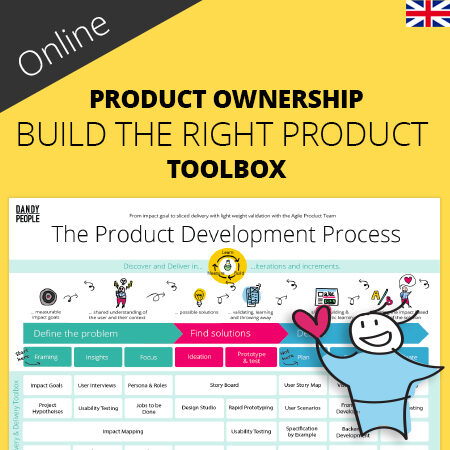Are you a well-functioning Agile team?
These questions can give you an idea of what a well-functioning Agile team looks and feels like. If you are a newly formed team you can see the questions as a benchmark for the future and continue to revisit them as a team, as your Agility grows.
These questions can be discussed and answered in combination with the Team Maturity questions.
Why self-evaluation matters
There is a reason teams should evaluate themselves, and not be evaluated. If the team takes responsibility for their own progress and improvement, they also take ownership of evaluating their own performance. If someone else would use their data to compare teams across the organization, or to perhaps set salaries, then it would not be a safe place anymore and people and teams would not dare to show any flaws, and improvement would, therefore, be impossible.
Download and Print the Self Evaluation Sheet (PDF)
Facilitation
Consider doing this reflection with your team or group:
- The questions can be answered by you as an individual first. Give concrete examples when appropriate.
- Reflect on your answers and then share them with your team in a visual format, let everyone first share their thinking around their answers without discussion or comments.
- Create an overview of your answers, for example with red and green marks on each question to see where you diverge in your thinking. Green= Fully agree, Red= Do not agree.
- Prioritize what to improve, find actions, and plan them into your work. Evaluate and re-iterate as soon as possible.
Self-reflection for Agile teams
- The team agrees on and shares the same Agile values and practice them on a daily basis.
- The team consists of about 5-7 people (or you consider a team split when above 10).
- The team has worked together over a long period of time and has focused on becoming well-functioning and high-performing (6-12 months)
- The team has the mandate to make business decisions.
- Skills are more important than roles, which enables team members to become T-shape.
- The team strives to have the competences in the team to deliver customer value end to end.
- The team works in an empirical process, enabling us to get early feedback and deliver what actually brings value.
- The team has the ability to set purpose and clear goals that help the team focus.
- The team owns the HOW of our deliveries.
- The team meets with customers and stakeholders regularly to understand needs and to test their solutions.
- The team has structured ways of working with improvement and we are always improving everything.
Good Luck!



